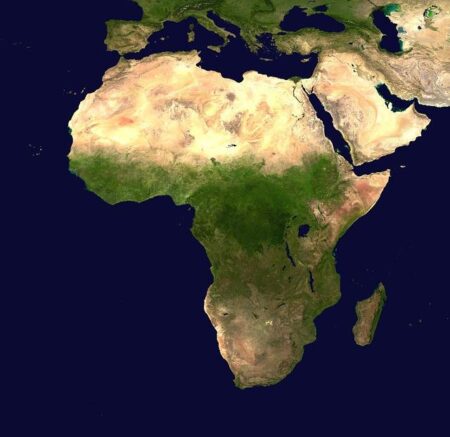In recent months, a subtle but significant shift in geopolitical dynamics has emerged in west Africa, highlighted by Russia’s expanding influence through its latest military engagement in Equatorial Guinea. As Moscow seeks to solidify its presence on the African continent,the nuances of this mission reflect broader strategic objectives at play. The involvement of Russian mercenaries and military advisors presents an evolving landscape, posing questions about local governance, international relations, and the balance of power in a region historically dominated by western interests. This article delves into the implications of Russia’s foray into Equatorial guinea and its potential repercussions for West african nations and global geopolitical stability. Through a lens of historical context and contemporary analysis, we explore how this unfolding narrative underscores the shifting allegiances and emerging tensions in a rapidly changing world.
russian Military Expansion in West Africa Dynamics and Implications
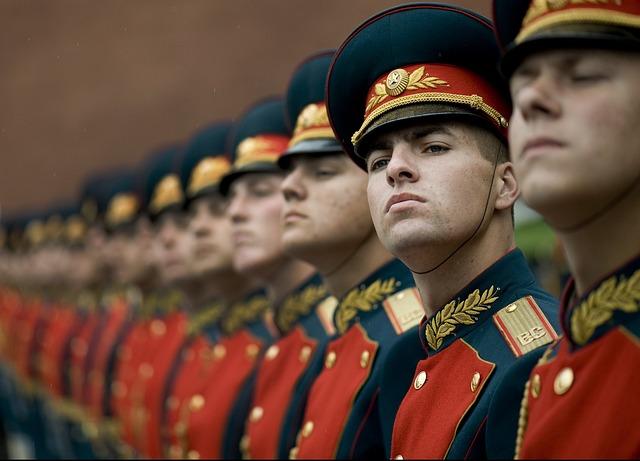
Russia’s military engagement in Equatorial Guinea reflects a broader strategy to expand its influence across West Africa, a region increasingly seen as a geopolitical battleground. The deployment of military advisors and equipment is rooted in historic ties and presents benefits for both nations: Equatorial Guinea seeks to bolster its defense capabilities amid regional unrest, while Russia aims to solidify partnerships and counter Western influence. Analysts note that this mission could serve as a precursor to further military arrangements in the region, perhaps facilitating Russian access to vital natural resources and strategic naval routes.
As Russia’s foothold deepens, several implications arise that may reshape the dynamics of West Africa’s security landscape:
- Increased Competition: The presence of Russian forces may provoke responses from Western powers, prompting an arms race in the region.
- Geopolitical Alliances: African nations might potentially be compelled to reassess their diplomatic ties and align themselves either with Moscow or the West, creating a polarization of influence.
- Resource Gain: Enhanced military ties could lead to lucrative contracts for Russian companies in sectors like oil and mining.
| Country | Military Engagement Level |
|---|---|
| Equatorial guinea | High |
| Central African Republic | Medium |
| Mali | Increasing |
Equatorial Guinea as a Strategic Hub for Russian Influence
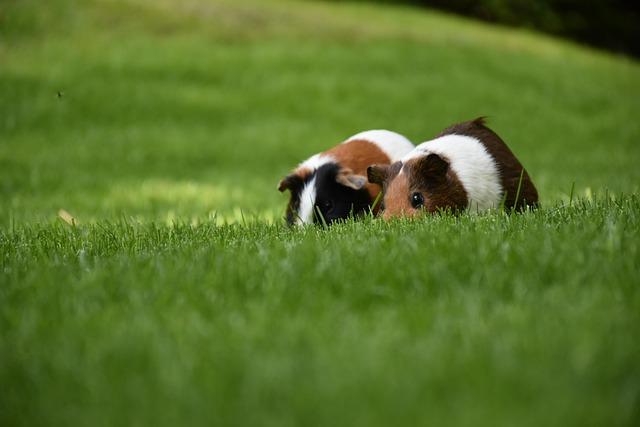
Equatorial Guinea is increasingly positioning itself as a pivotal player in the geopolitical landscape of West africa, notably as Russia seeks to expand its influence in the region.The nation’s geostrategic location along the gulf of Guinea offers an favorable point for Russian military and economic interests. Moscow’s engagement in Equatorial Guinea can be seen through various collaborative ventures, including:
- military Partnerships: Joint training exercises and defense equipment supply.
- Energy Exploration: Investment in oil and gas exploration projects.
- Cultural Ties: Initiatives to strengthen diplomatic relations through cultural exchange programs.
Furthermore, the country serves as a gateway for Russian interests not only in West Africa but also as a launching pad for influence across the continent. The strengthening ties are highlighted by the growing presence of Russian businesses in key sectors such as telecommunications and mining. Consequently, Equatorial Guinea has become a locus of Russian soft power, allowing Moscow to cultivate relationships that could shift the balance of influence in the region. A brief overview of recent developments illustrates this trend:
| Growth | Date | Meaning |
|---|---|---|
| Military Agreement Signed | March 2023 | Enhanced defense cooperation and training |
| Oil Exploration Deal | August 2023 | Increased investment in energy resources |
| Cultural exchange Program Launch | September 2023 | Strengthening bilateral relations through culture |
The role of Natural Resources in Russia’s West African Strategy

Russia’s increasing interest in West Africa, particularly through its recent endeavors in Equatorial Guinea, highlights a strategic focus on harnessing the continent’s rich natural resources. The availability of vital commodities such as oil, gas, and minerals is central to this expansion, presenting opportunities for economic engagement that align with Moscow’s broader geopolitical ambitions. By forging alliances and establishing a foothold in resource-rich locales, Russia not only seeks to bolster its energy security but also aims to counter Western influence in a region that is becoming increasingly vital for global resource distribution. This strategy could potentially reshape the balance of power in West Africa as Moscow positions itself as a key actor in resource management and extraction.
Furthermore, the Kremlin’s approach often involves leveraging military cooperation, technical expertise, and investment incentives to cultivate relationships with local governments.As an example, partnerships may include the provision of military equipment in exchange for exploration rights or access to natural resource reserves. Notable areas of focus in these negotiations can include:
- Hydrocarbon exploration: Strategies for tapping into offshore oil and gas deposits.
- Mining operations: Engaging in the extraction of precious minerals, including gold and diamonds.
- Agricultural partnerships: Collaborating on potential agricultural resource management.
| Resource Type | Potential Collaborators | strategic Importance |
|---|---|---|
| Oil | local Governments,OPEC | Energy Security |
| Minerals | Mining Corporations | Industrial Growth |
| Agricultural Products | Agri-tech Firms | Food Security |
Local Reactions and the Response of Western Powers

The recent mission to Equatorial Guinea by Russian entities has elicited a variety of responses from both local populations and Western governments. Many residents express concerns over the implications of increased Russian presence, highlighting fears of potential political manipulation and military entanglement. Local activists have rallied to raise awareness, emphasizing the need for greater clarity regarding foreign interventions and their impacts on sovereign autonomy. Key points of local sentiment include:
- Concerns about sovereignty and national security.
- Anxiety over potential economic exploitation.
- Calls for governmental accountability in foreign relations.
In response, Western powers are reassessing their strategies in the region, weighing over cautious diplomatic engagement against possible sanctions or support for local governmental reforms. Many analysts assert that the West must adopt a more proactive stance to counterbalance russian influence, wich could disrupt established alliances and lead to further geopolitical instability. Major themes in the Western response comprise:
- Increased diplomatic missions to bolster ties with Equatorial Guinea.
- Consideration of economic sanctions against Russian-backed enterprises.
- Support for regional stability initiatives in collaboration with African nations.
Challenges and Opportunities for Regional Stability in west Africa
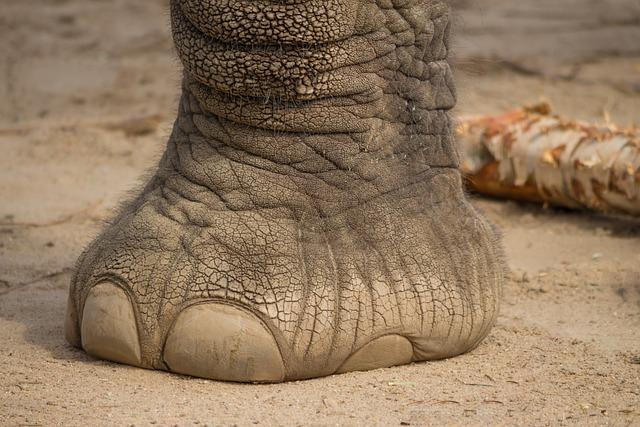
The infiltration of Russian influence in West Africa, particularly through its recent mission in Equatorial Guinea, poses a complex array of challenges and opportunities for the region’s stability. One significant challenge is the potential for increased geopolitical tensions, as Western powers may view Russian activity as a direct threat to their interests in the region. This could lead to a diplomatic standoff, with countries needing to navigate their alliances carefully. Moreover, economic dependency on Russian investments may lead to compromised sovereignty for West African nations, fostering instability as local governments grapple with external pressures.
Conversely, the Russian engagement may provide opportunities for economic development and infrastructure investment in West Africa, which could bolster stability if managed effectively. Nations could witness improved access to resources and technology, as well as enhanced military cooperation against common threats like terrorism.Though, to capitalize on these opportunities, West African states must prioritize strategic governance and regional unity, ensuring that they do not become pawns in a larger geopolitical game. The delicate balance between embracing foreign partnerships and safeguarding national interests is crucial for fostering long-term peace and security in the region.
Recommendations for Countering Foreign Influence in Equatorial Guinea and Beyond
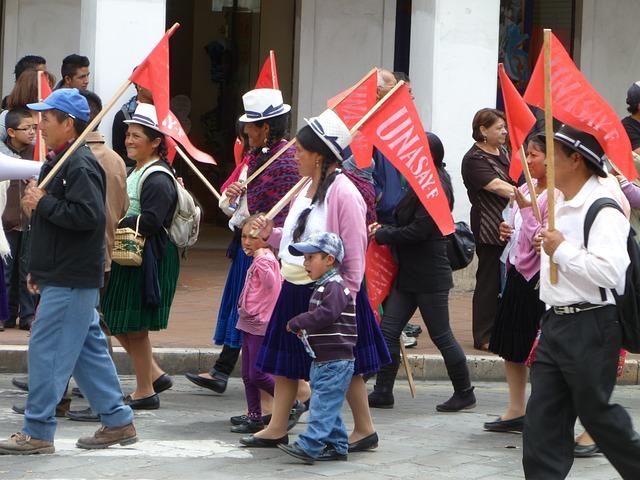
To effectively counteract foreign influence in Equatorial Guinea and similar contexts, a multi-faceted approach is necessary. Strengthening local governance plays a vital role; ensuring that institutions are clear and accountable can mitigate the risks associated with external manipulations. Additionally, promoting civic engagement through education can empower citizens to critically assess foreign narratives and resist propaganda. To accomplish this, stakeholders should consider:
- Enhancing educational programs that focus on critical thinking and media literacy.
- Supporting non-governmental organizations that foster community dialogues about sovereignty and foreign relations.
- Facilitating workshops for local leaders that emphasize the importance of fostering community resilience against foreign interference.
In conjunction with these grassroots efforts, international collaborations with regional allies can bolster defenses against foreign influence. Establishing multilateral frameworks will enable countries to share intelligence and devise proactive strategies. A strategic focus on economic partnerships rooted in mutual benefit, rather than dependency, can also deflect attention from foreign powers trying to infiltrate the region. The following table outlines key areas for collaboration and action:
| Area of Focus | Collaborative Actions |
|---|---|
| Intelligence Sharing | Formulate joint task forces to monitor foreign activities. |
| Economic Development | Invest in joint ventures with a focus on local capacity building. |
| public Diplomacy | Host cultural exchanges to promote regional identity over foreign narratives. |
To Conclude
the recent mission in Equatorial Guinea underscores a significant shift in the geopolitical landscape of West Africa,highlighting the expanding influence of Russian power in a region traditionally viewed through the lens of Western interests. As Moscow seeks to leverage its military, economic, and political resources in pursuit of strategic partnerships, the implications for the stability of West African nations and their relationships with established Western powers are profound. With ongoing developments in the region, observers and policymakers alike will need to closely monitor the evolution of these dynamics, as they carry the potential to reshape alliances and power structures across the continent. As the West grapples with the implications of Russia’s growing footprint, the quest for influence in Africa is increasingly becoming a focal point of international relations in the 21st century.






